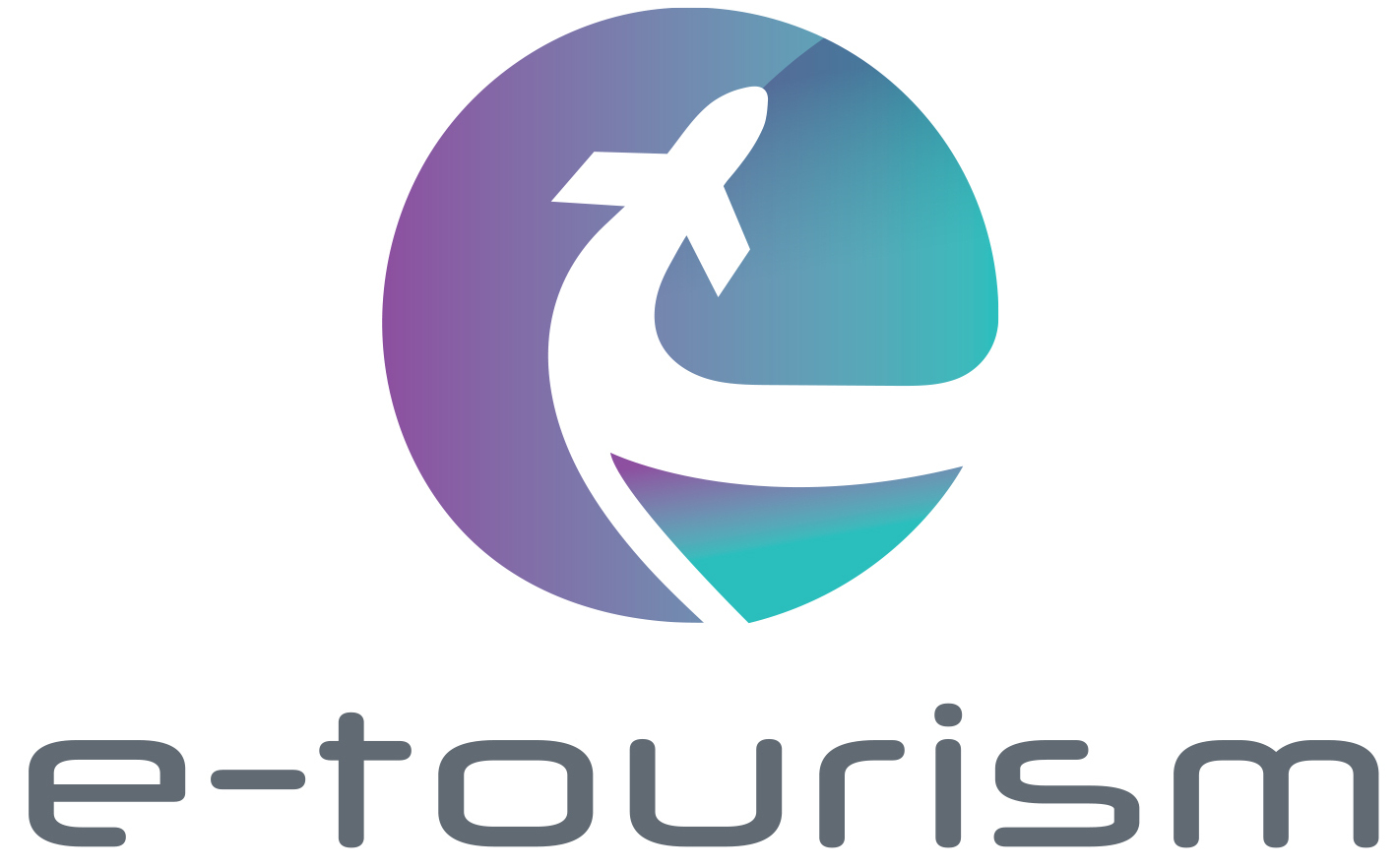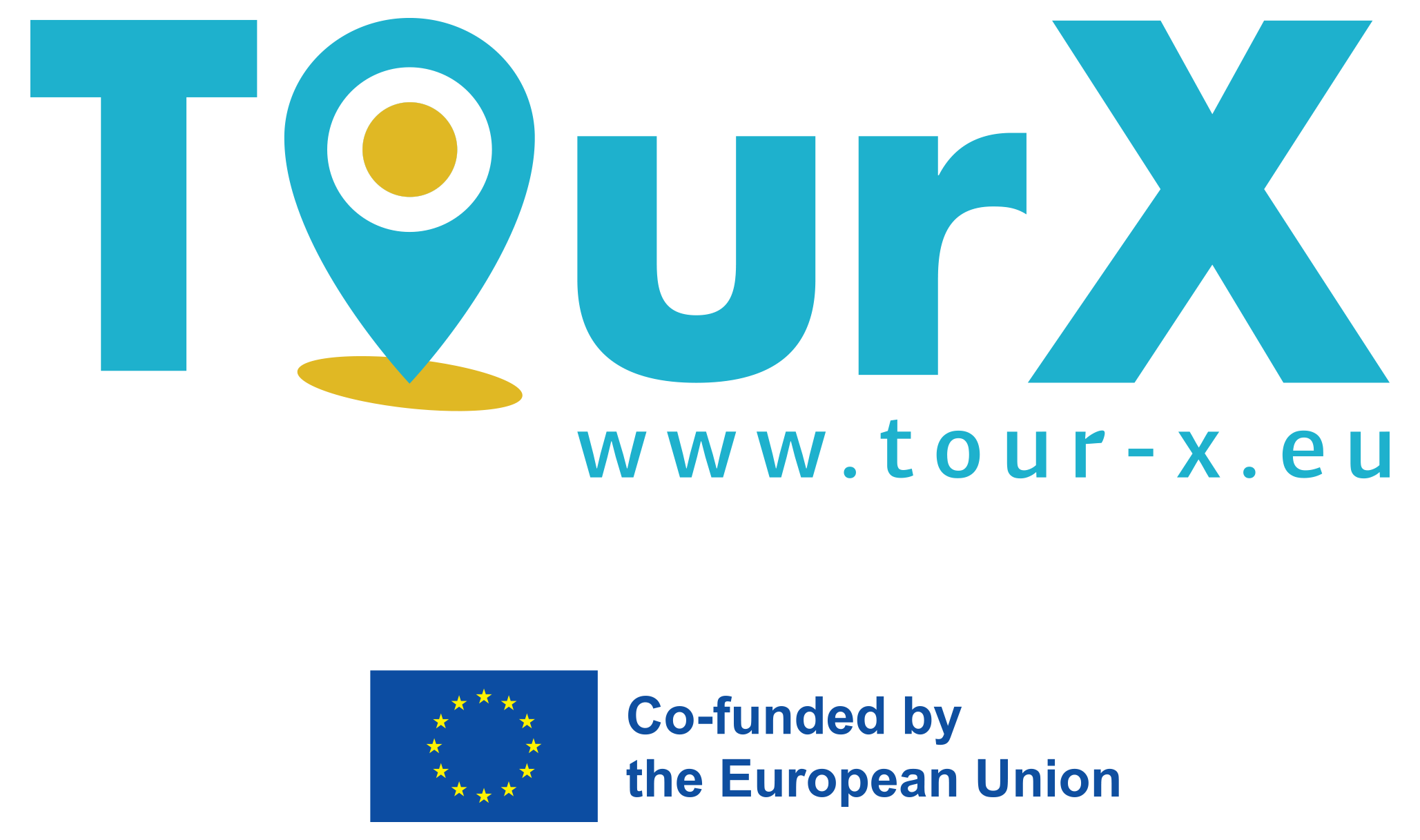Tour2Include - Migrant´s Integration into Tourismus-related Professions

The course topic: This course is designed for people with a migrant background who work or would like to work in various positions in the tourism sector to be able to acquire skills and qualifications required for this purpose, facilitate their integration into the labor market and improve their employability in the tourism and hospitality industry. The aim of this course is to serve the needs and inclinations of groups with or without advanced digital skills and to promote intercultural/soft skills, which are as important as technical qualifications. This is intended to facilitate participants' access to employment through upskilling and to reduce the risks of illegal employment.
Who is the course for? Migrants, refugees or third-country nationals with low qualifications or short work experience in the tourism and hospitality sector. Alternatively, it also addresses the needs of those who wish to work in the tourism industry (EQF 4 & EQF 5).
Available languages: English; German; Italian; Greek.
Course Curriculum: This course includes 5 modules covering soft skills and intercultural competencies, cultural issues, customer communication methods, body language principles, as well as tourism-related professional skills, career opportunities and digital competencies in the tourism sector.
In addition, this course includes a glossary to help learners better understand and become familiar with the most important terms used in the modules of their learning path. In addition, a special document "Cultural Profile of Germany, Greece and Italy" is provided to inform learners with an immigrant background about basic information about the host country and to familiarize them with the particular customs, traditions and eating habits given in these countries.
What will be learned? At the end of this course, learners will be able to achieve the following learning outcomes:
- Improve their soft, intercultural and digital skills and competencies needed in today's tourism industry market;
- Better understanding of the importance of health, safety and hygiene in the tourism professions;
- To become familiar with the different fields, types and professions that exist within the tourism and hospitality industry;
- To become familiar with some practical methods of communication, marketing and promotion in the tourism professions;
- Apply the theoretical knowledge they acquire through this training program in real life situations and work environments.
Duration of the course: The total duration of the online course is approximately 7 hours (including assessment activities/quizzes). The learner can add a number of additional learning materials (e.g.: links and online resources) to their learning path to further explore the course content on their own.
Course structure: 5 lessons & glossary & cultural profiles of countries
Level: Beginner (EQF 4 & 5)
Certificate: Yes; 75% minimum percentage of positive answers in the tests of the modules to successfully pass the course.
Time limit for tests: No
Specific requirements for the learning environment: the
learning platform is accessible through both a PC and a tablet, which should
have Internet access.
![]() This work is licensed under a Creative Commons Attribution
4.0 International License.
This work is licensed under a Creative Commons Attribution
4.0 International License.















